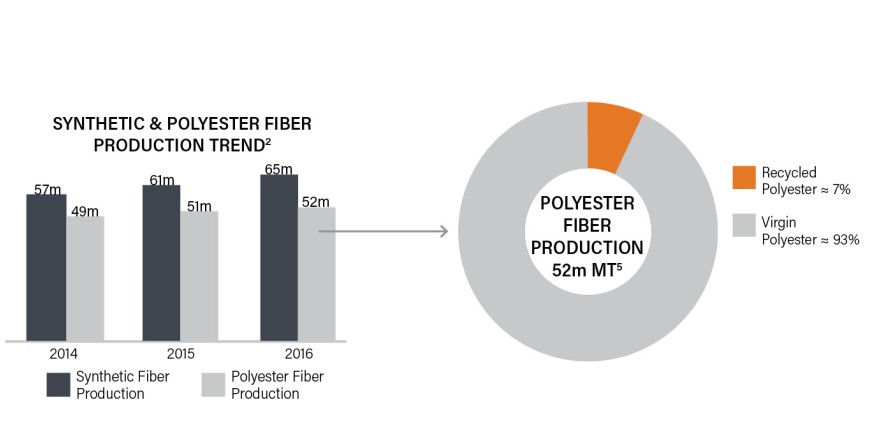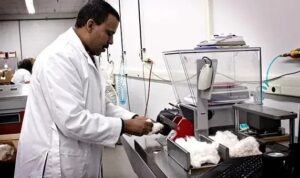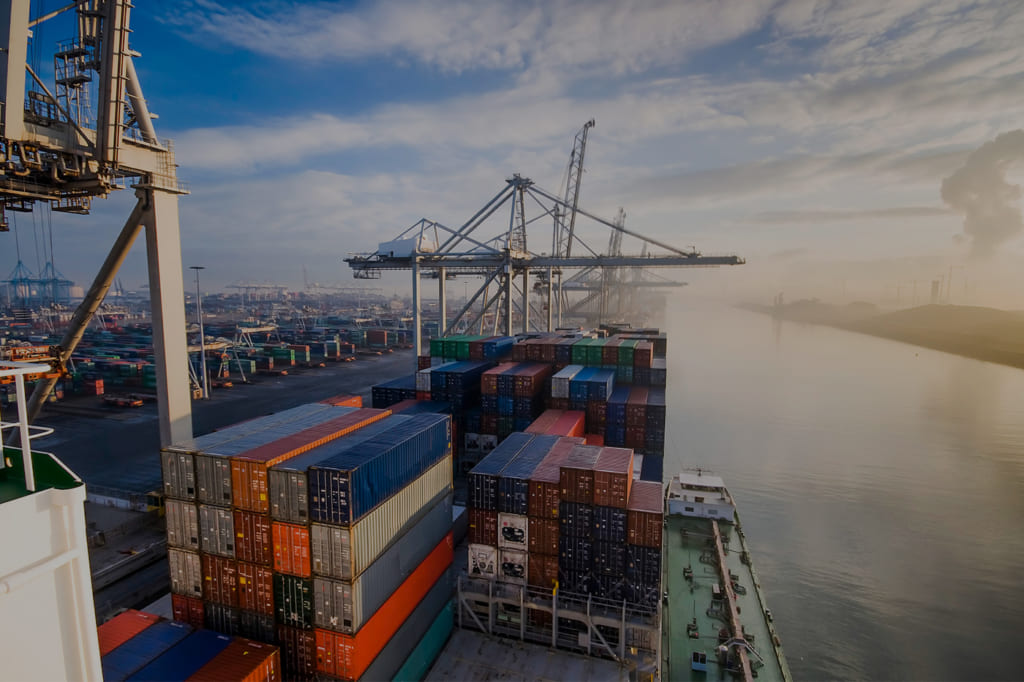What are Recycled synthetics?
Recycled synthetics may be made from pre-or post-consumer synthetic fiber waste. The two most common forms of recycled synthetics are recycled polyester and recycled nylon polyamide.
Recycled polyester may be made from pre-or post-consumer waste, and post-consumer recycled bottles are the most common source of recycled polyester. Recycled polyester is often referred to as rPET. Pre-consumer polyester may include waste from the spinning of yarn or the cutting of garments. Post-consumer waste includes plastic PET bottles, industrial fishing nets as well as some used clothing. Methods of recycled may be mechanical (melting plastic and then extruding into yarn) or chemical (going back to the monomer or polymer phase before extruding yarn).
Recycled nylon is processed chemically, similar to recycled polyester. It usually is made from pre-consumer spinning or fabric waste and may also come from post-consumer industrial fishing nets.
HOW MUCH POLYESTER IS RECYCLED?
In 2016, polyester fiber production is estimated at 52 million MT.
At less than four million MT, recycled polyester (which is the key fiber in preferred synthetics) makes up an estimated seven percent of polyester fiber produced — these fibers are largely used in carpets, blankets, clothing, and other textile applications.
Government initiatives increased awareness, relatively low production cost, and increase in virgin polyester uptake have seen a surge in recycled polyester growth — which is expected to continue — with China, India, Japan, and the US projected to account for the highest production.
RECYCLED POLYESTER SUPPLY CHAIN
The general process of transforming seed cotton from the farm into the final garment includes ginning, spinning, weaving/knitting, dyeing, finishing, cutting, and sewing. Organic certification ensures that the cotton passing through each stage of the manufacturing process is tracked.
RECYCLED SYNTHETICS STANDARDS
The Recycled Content Standard (RCS), or the Global Recycled Standard (GRS) verifies that the raw material is recycled, categorizes it as either pre-consumer or post-consumer, and then tracks the material through to the final product. The GRS provides additional social and environmental processing criteria. Other voluntary sustainability standards that cover recycled materials include the SCS Global Services’ Recycled Content Certification.








